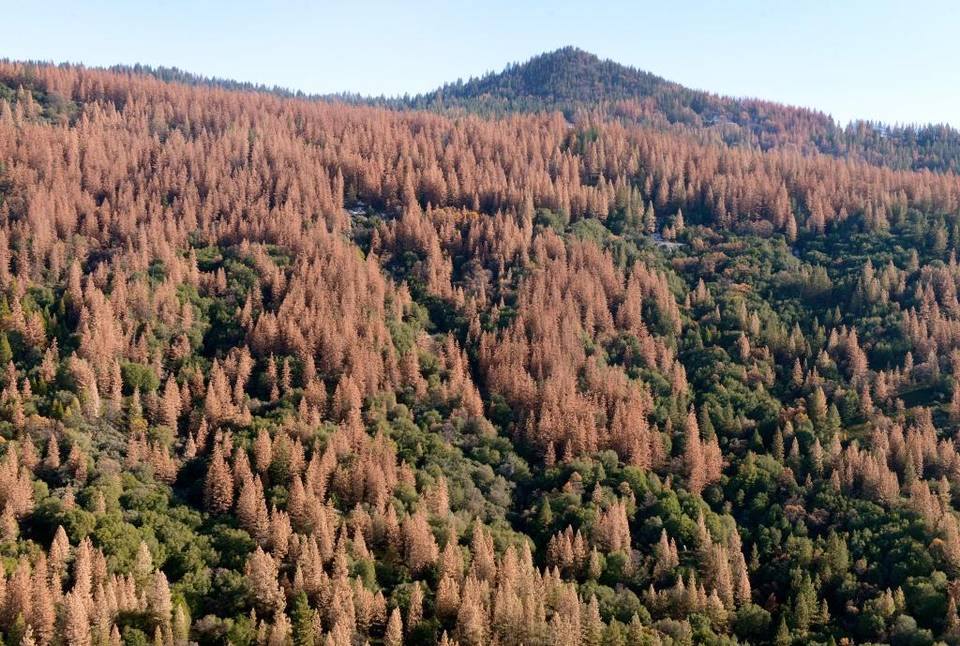 As part of California’s strategy to reduce the size and severity of wildfires, CAL FIRE announced it will direct nearly $138 million in funding for 105 local fire prevention projects across the State.
As part of California’s strategy to reduce the size and severity of wildfires, CAL FIRE announced it will direct nearly $138 million in funding for 105 local fire prevention projects across the State.
“This year, wildfires have once again been extremely severe and damaging, which only highlights our continued need to perform more community-based fire prevention projects,” said Chief Thomas Porter, CAL FIRE director. “Our wildfire and forest strategy includes funding these types of fire prevention projects to reduce the severity of wildfires and harden our communities.”
CAL FIRE’s Fire Prevention Grants enable local organizations such as fire safe councils to implement activities that address the risk of wildfire and reduce wildfire potential for communities. Funded activities include fuel reduction, wildfire planning and fire prevention education. The projects meet the goals and objectives of California’s Wildfire and Forest Resilience Action Plan, as well as the State’s Strategic Fire Plan.
The Los Angeles non-profit Social and Environmental Entrepreneurs is one of many organizations receiving funding for its work to create fire-adapted communities in Southern California while building workforce capacity to assist in that goal. In Amador County, a grant has been awarded to the Amador Resource Conservation District for a community chipping project that will reduce fire risk across the county, while creating defensible space around homes, assisting residents, improving water retention, as well as reducing greenhouse gases.
In April, Governor Newsom signed SB 85 providing $536 million in early action funding to accelerate forest health, fire prevention and climate resiliency projects. CAL FIRE worked swiftly to ensure this funding could be implemented on the ground as soon as possible.
The “early action funding” allocated $123 million for CAL FIRE’s Fire Prevention Grant Program, including $50 million from the Greenhouse Gas Reduction Fund (GGRF) for California Climate Investments (CCI), with an additional $73 million coming from the State’s General Fund. CCI is a statewide program that puts billions of Cap-and-Trade dollars to work reducing greenhouse gas emissions, strengthening the economy, and improving public health and the environment – particularly in disadvantaged communities. An additional $14.8 million is being reallocated for grants from the Department’s GGRF allocation from 20/21 budget.





